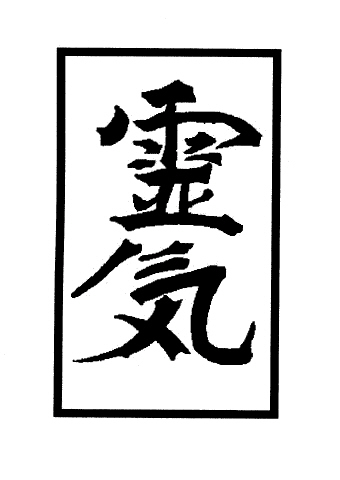"What is Reiki?"
and more...
What is Reiki, and How Does It Work? Reiki is a natural, multi-faceted, gentle yet powerful healing technique originating in Japan that facilitates the client’s own healing response. Reiki (pronounced ray-key) is a combination of two Japanese words rei and ki, meaning “Universal (or Source/Divine) Life Energy.” As a Reiki therapist, I serve as a conduit through which Reiki heals by harmonizing the subtle energies within the client. This addresses the client’s physical, emotional, mental and spiritual imbalances. Reiki flows to where it is most needed during sessions--either in-person or long distance. Being divinely sourced and infinitely wise, Reiki has no time or space restrictions. Reiki facilitates healing by increasing or raising the vibrational frequency of anyone or anything it is focused on.
Reiki can beautifully compliment other alternative therapies or conventional medical treatments. Because Reiki’s effects are cumulative, at least three or four sessions of Reiki are ideal.
What is a Typical Reiki Session Like? If the session is in my office, the client lies comfortably on a massage table in a pleasant, peaceful setting, fully clothed except for shoes. I place my palms lightly on or above different areas of the client’s body, moving my hands to where I feel energy being drawn or needing to be balanced. If the Reiki session is long distance, I do the same work without the client physically present. Reiki flows at different rates depending on the degree of blockage, the client’s readiness to accept change, extent of imbalance or “dis-ease,” and other factors. Clients may experience a deep state of relaxation and peace during a Reiki session. They sometimes also report feeling warm, refreshed, sleepy, wavelike or buzzing sensations and/or having reduced symptoms.
How Should I Prepare for a Reiki Session? It is best to wear loose-fitting garments on the day of your appointment so you can breathe comfortably. Don’t eat a heavy meal just before your appointment. Try to come hydrated with a clear, positive intention for your session.
Is Reiki a form of faith healing or religion? No, Reiki is not a specific religion or tradition, and requires no acceptance of a particular religious belief or level of spirituality. Reiki can, however, enhance one's religious practice. And Reiki's principles do encourage spiritual growth:
Reiki Creed or Principles:
Just for today, I will not worry.
Just for today, I will not be angry.
I will give thanks for my many blessings.
I will earn my living honestly.
I will be kind to every living thing.
Why do People Use Reiki? People have Reiki sessions for a variety of reasons, including: reducing stress, accelerating healing, enhancing creativity, alleviating chronic pain, improving sleep and appetite, easing anxiety or depression, recovering quickly from surgery, reducing side effects of chemotherapy or radiation, improving immunity, discerning one's best next step, awakening and growing spiritually, healing relationships, manifesting goals and clearing the conscious connection with one's highest self.
Side Effects and Safety Issues: There are no known safety concerns with Reiki. However, it should not be used to replace standard medical treatment. Due to the body’s release of toxins, people may experience temporary weakness, tiredness, indigestion, or a headache after their session. Drinking plenty of water and resting well will help this process.

